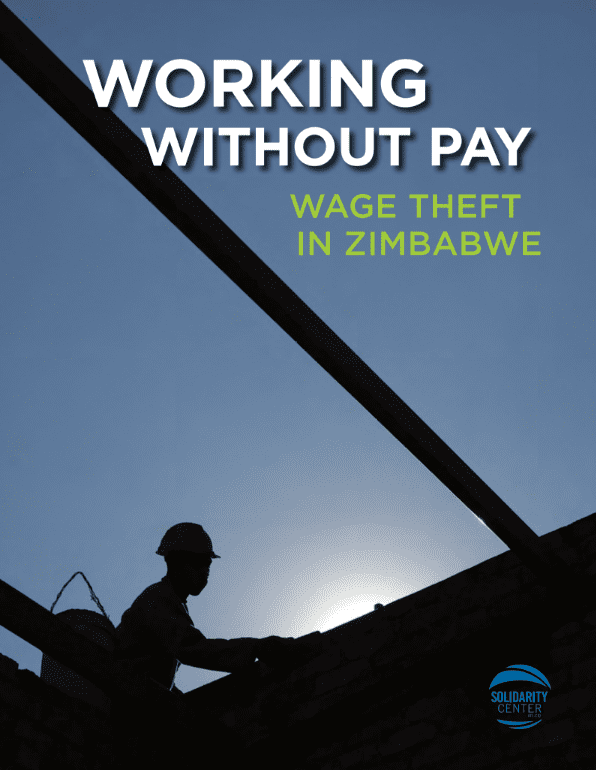
Jul 14, 2016
Wage theft is widespread throughout the the public- and private-sectors, with Zimbabweans working months without a paycheck. Based on surveys at 442 companies, the report documents the vast scope of wage theft; outlines the responsibilities of the state under international standards and national legislation; documents extravagant salaries and benefits to middle and top management even as workers go unpaid; and presents recommendations for action to address the problem.
Download here.
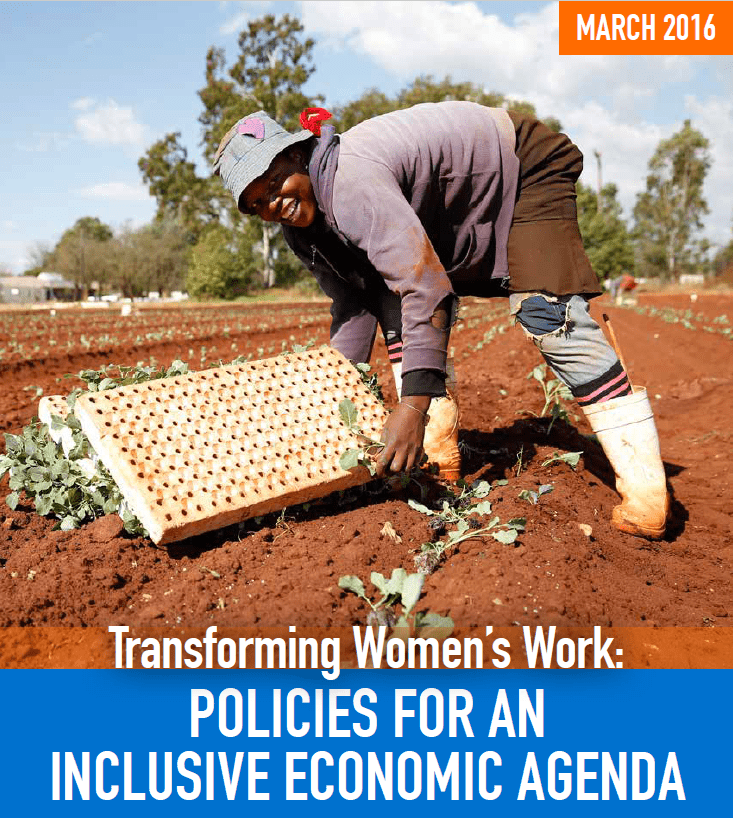
Mar 25, 2016
Convening experts from the AFL-CIO, the Rutgers University Center for Women’s Global Leadership and the Solidarity Center, this report examines how to shift governments’ policy priorities, create an enabling environment for social organizing and transform women’s interaction with labor markets within a rights-based model of development.
Download here.
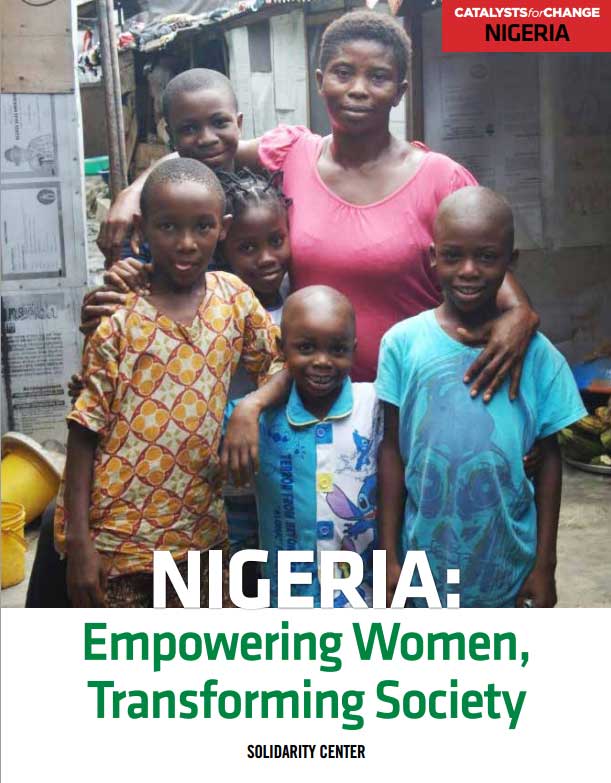
Nov 24, 2014
A unique grassroots coalition based in the Niger Delta, working with unions and other local non-governmental organizations, is providing a platform for women and young people to effectively engage in the democratic political process, hold local lawmakers accountable and achieve concrete goals in their communities.
English (PDF)
Spanish (PDF)
Sources
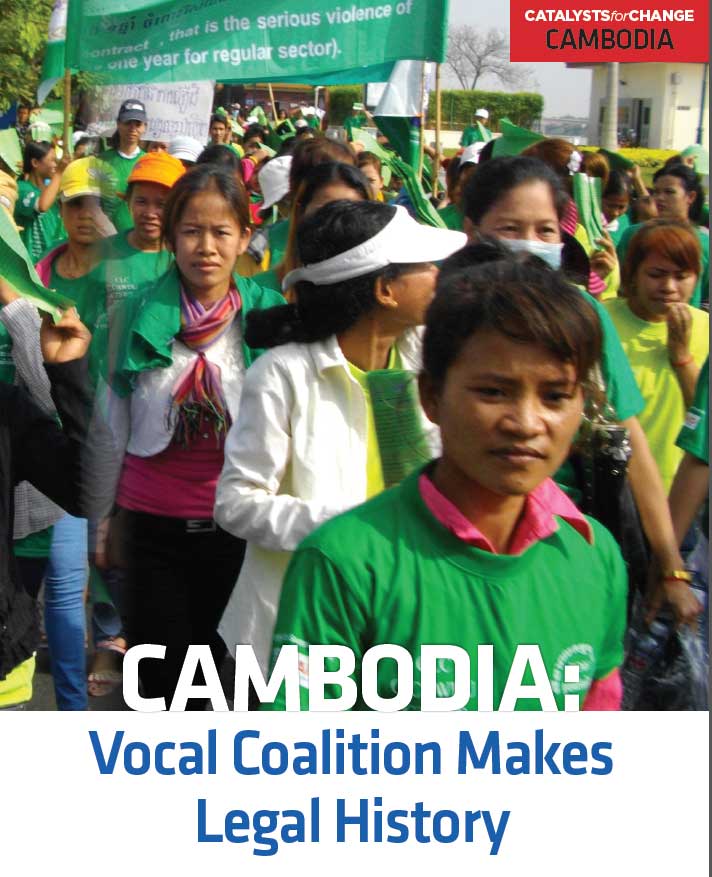
Mar 24, 2013
Cambodia’s nascent independent labor movement and human rights organizations worked to revise a labor law proposed in 2011 that would have significantly rolled back worker rights—and a Solidarity Center report describes how they did it.
English (PDF)
Arabic (PDF)
French (PDF)
Spanish (PDF)
Sources
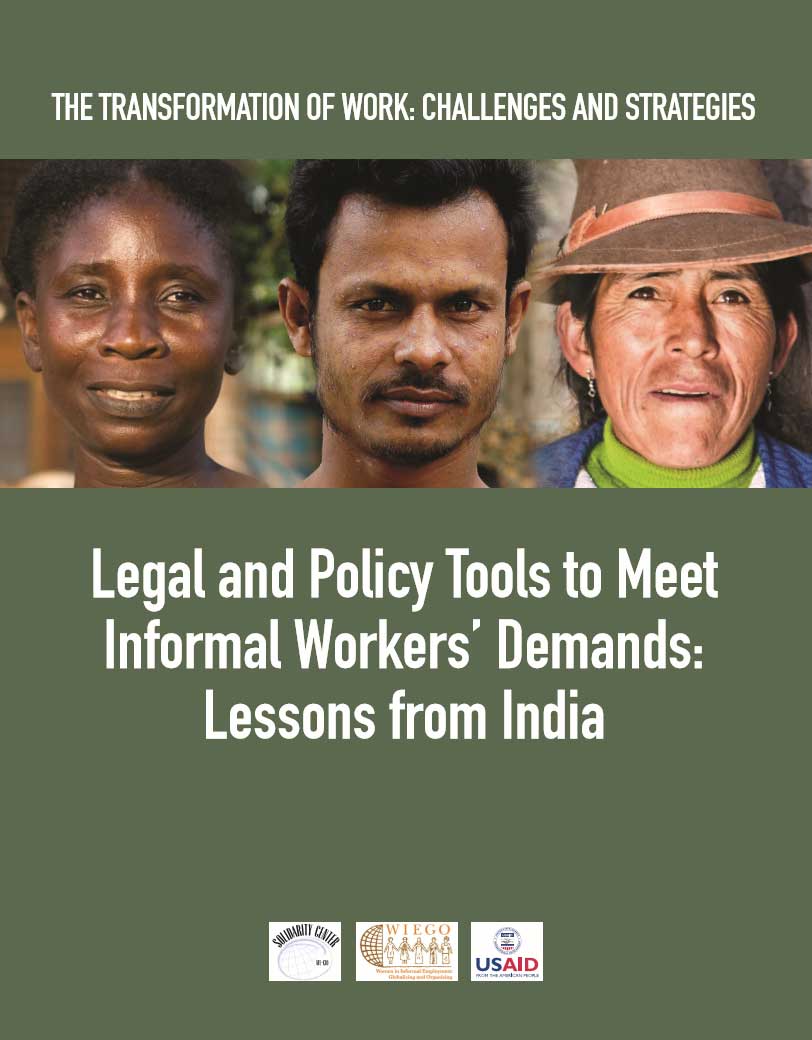
Aug 24, 2012
This report highlights key lessons from a WIEGO pilot project in India examining the nature of the informal economy and the way legal and policy tools can address the concerns of those working in the informal economy. This Solidarity Center report is part of a multiyear research project, funded by the U.S. Agency for International Development, to study the informal economy, migration, gender and rule of law together with research partners Rutgers and WIEGO.
Download here.





